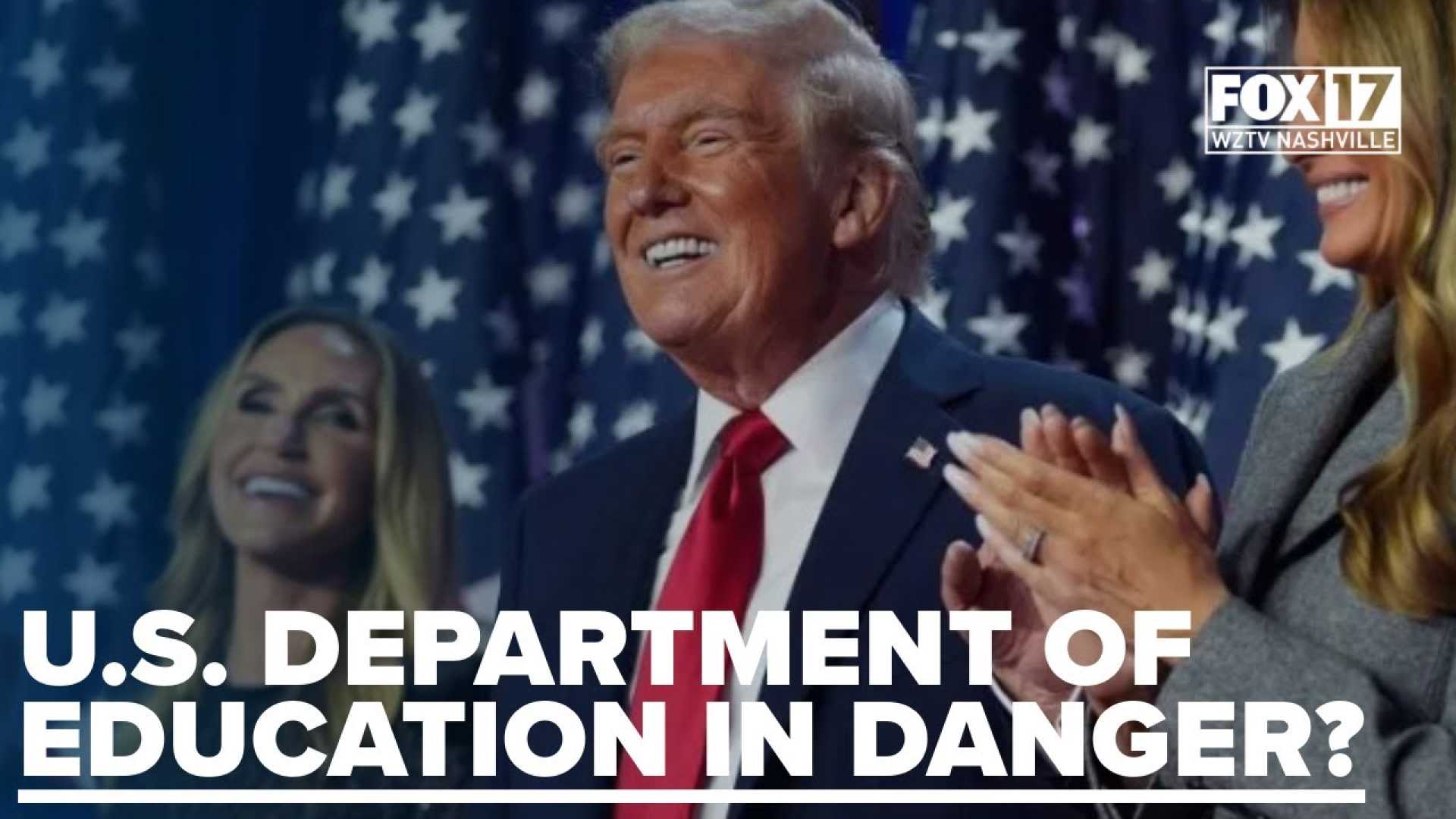Education
Trump Vows to Abolish U.S. Department of Education: Implications for American Schools

President-elect Donald Trump has reiterated his commitment to dismantling the U.S. Department of Education, a central plank of his education policy platform. This move, if successful, would mark a significant shift in the administration of education in the United States.
Trump’s plan to abolish the Department of Education is part of a broader agenda to decentralize education, moving control from the federal government back to the states. He argues that states and local governments are better equipped to manage education, despite the fact that education is already largely decentralized in the U.S..
The Department of Education, established just 45 years ago, plays a crucial role in promoting student achievement, ensuring equal access to education, and administering programs such as Title I and Pell Grants. Eliminating the department would require congressional approval, a hurdle that many consider significant.
Trump’s education plan also includes bringing back prayer in public schools, a move that would face legal challenges given the Supreme Court’s 1962 ruling that state-sanctioned prayers in public schools are unconstitutional. Additionally, he has pledged to expand “school choice” through universal school vouchers, allowing parents to use public funds for private school tuition, including at religious schools.
Other key aspects of Trump’s education policy include funding boosts for states and school districts that adopt a “Parental Bill of Rights,” eliminate teacher tenure, and reduce administrative roles. He has also threatened to cut federal funding for schools that teach “critical race theory” or “gender ideology” and vowed to roll back updated Title IX regulations introduced by the Biden administration.
The impact of these changes on local schools, such as those in Houston and Oklahoma, could be significant. For instance, Oklahoma’s state schools Superintendent Ryan Walters has backed Trump’s plan, pledging to direct state resources to end “social indoctrination in classrooms” and limit the impact of “illegal immigration” on schools.
Critics argue that abolishing the Department of Education could have adverse effects on low-income students and those relying on federal programs like Title I and Pell Grants. The change could also cast uncertainty over the process for resolving civil rights violations in schools, which is currently handled by the Department of Education’s Office of Civil Rights.












